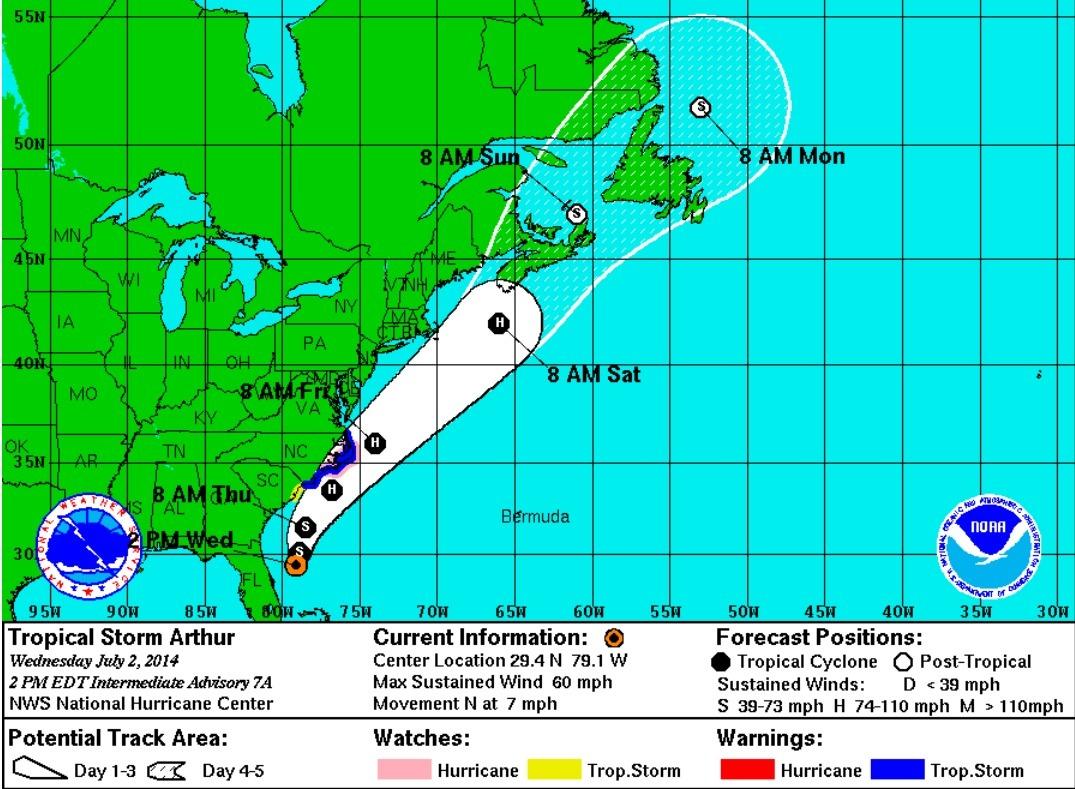
The Outer Banks, with its stunning landscapes and rich
history, is a cherished destination for many. However, during hurricane season,
it's crucial to be prepared to ensure your visit remains enjoyable and safe. At
Joe Lamb Jr. and Associates, we are committed to your safety and comfort, and
we want to provide you with essential information on hurricane preparedness,
the region's hurricane history, and the importance of travel insurance.
Understanding Hurricane Preparedness on the Outer Banks
When visiting the Outer Banks, especially during hurricane
season (June 1 – November 30), it's important to be well-prepared. Here are key
steps to take:
- Know
the Local Emergency Procedures: Familiarize yourself with evacuation
routes, emergency shelters, and local authority guidelines.
- Stay
Informed: Regularly check weather forecasts and promptly adhere to
evacuation orders.
The Hurricane History of the Outer Banks
The Outer Banks has experienced several historic hurricanes
that have shaped the region:
- Ash
Wednesday Storm (1962): Known for its severe impact, this storm caused
significant damage.
- Hurricane
Isabel (2003): This storm brought extensive damage, highlighting the
area's vulnerability.
Understanding these events provides insight into the
region's resilience and helps you prepare better for your visit.
Importance of Travel Insurance
Travel insurance is essential, particularly in
hurricane-prone areas like the Outer Banks. It covers trip cancellations,
interruptions, or delays caused by unforeseen weather events, helping recover costs and make necessary arrangements if a hurricane impacts your
travel plans.
Red Sky Trip Insurance - Sun Trip Preserver Plan
“The Sun Trip Preserver plan may protect you by providing
reimbursement for pre-paid, non-refundable trip deposits in the event the trip
is cancelled or interrupted if a mandatory evacuation due to a named hurricane
or other natural disaster causes you to have only 4 days or 50% or less of Your
trip length remaining at the time the mandatory evacuation ends; or if the
roadways are closed due to a natural disaster preventing you from reaching your
destination.”
Hurricane Categories and Their Impacts
Here's what you need to know about hurricane categories and
their potential impacts:
- Category
1 (74-95 MPH Winds): Minor damage to property and vegetation. Coastal
roads may be inundated.
- Category
2 (96-110 MPH Winds): Extensive damage to well-constructed homes, with
significant flooding and power outages expected.
- Category
3 (111-129 MPH Winds): Devastating damage with severe flooding and
extensive power outages.
- Category
4 (130-156 MPH Winds): Catastrophic damage with significant destruction to
homes and infrastructure.
- Category
5 (Over 156 MPH Winds): Extreme damage, widespread destruction, and
long-term power outages.
Note: Don't judge a storm's severity based solely on its
category. Storm surge and flooding can be equally dangerous.
Notable Storms and Their Impact
- Tropical
Storm Michael (2018): Caused severe sound side flooding and $7 million in
damages.
- Hurricane
Matthew (2016) Brought over 12 inches of rain in some areas, causing $52.2
million in damages.
- Hurricane
Sandy (2012) Resulted in significant flooding and $13 million in damages.
How to Stay Informed and Take Action
- Monitor
Alerts: Stay updated through local radio stations, TV channels, and
websites like DareNC.com,
Current TV (Channel 191), and NOAA Weather Radio.
- Sign
Up for Alerts: Register for OBX Alerts at OBXAlerts.com to receive emergency notifications by
text, email, or phone.
- Prepare
and Evacuate: When a Hurricane Watch is issued, ensure your emergency kit
is stocked, secure your property, and prepare for possible evacuation.
Follow evacuation orders immediately when a Hurricane Warning is issued.
Joe Lamb Jr. and Associates: Your Trusted Partner
At Joe Lamb Jr. and Associates, we prioritize your safety
and satisfaction. Our team is well-versed in hurricane preparedness and ready
to assist you. We offer vacation rentals that meet the highest safety
standards, ensuring comfort and security during your stay.
Exploring the Outer Banks is a memorable experience, but being prepared and informed is crucial, especially during hurricane season. By understanding hurricane preparedness, learning from the region's history, and securing travel insurance, you can enjoy a worry-free vacation on this beautiful coastline.
Note: We kindly urge guests to stay informed about weather patterns in Dare County by signing up for the Dare County Emergency Management Alerts. By enrolling in this service, you will receive timely notifications regarding weather updates, ensuring that you are well-prepared and can make informed decisions during weather-related emergencies.







